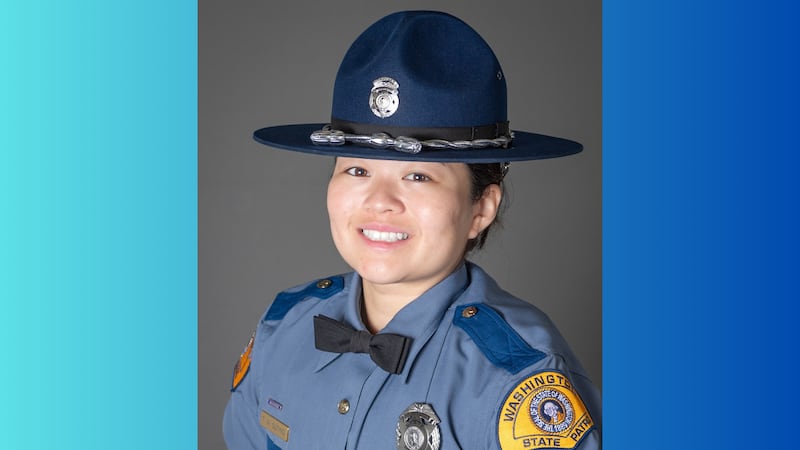Former Attorney General Rob McKenna is not shocked by Seattle’s move to vacate past marijuana misdemeanors, but he does say that the issue has a few layers that aren’t obvious.
“My initial reaction is that this seems somewhat symbolic, but I think the mayor made a good point that convictions for drug offenses tended to be disproportionately among people of color,” McKenna said. “Those disparate impacts are a good argument for vacating those old convictions. At the same time, I was also struck by how few misdemeanor marijuana convictions there were in the 13-year period they are talking about.”
“It’s definitely good for the people whose convictions are being vacated,” he said. “It makes their lives simpler. They don’t have to report it in the future. But it is interesting that despite claims that there were lots of marijuana arrests and lots of people being put in jail, the city’s own data doesn’t actually seem to show that.”
Scroll down to continue reading
More news from KIRO 7
- PHOTOS: Ted Bundy's mugshots, victims, car, and other images
- BBB issues alert; scam stealing phone numbers from T-Mobile customers to steal money expands
- Local woman who escaped serial killer Ted Bundy shares her story in an exclusive interview
- Thousands of laptops recalled due to fire hazard
- Champion swimmer accuses coach of underage sex abuse
It is estimated that Seattle will deal with 500-600 marijuana misdemeanors. That’s not a lot according to McKenna, indicating the convictions were “relatively rare.” It’s likely that the convictions involved other offenses along with the marijuana misdemeanors.
“So it’s probably even a smaller number of people who were actually arrested and convicted for misdemeanor pot possession,” McKenna said.
Marijuana misdemeanors and felonies
There is also a proposal to reduce felony marijuana charges to misdemeanors.
“Keep in mind that if it’s a felony and we’re talking about marijuana, that’s likely to mean someone was arrested for trafficking,” McKenna said. “That’s a lot more serious. Trafficking is an offense under our current marijuana law where we legalized it, decriminalized it, but we also strictly regulate it.”
“I think they will need to think longer and harder about marijuana felonies,” he added.
Will Washington follow Seattle's lead?
McKenna said that it is likely that many other cities will follow what Seattle is doing. Though he points out that Seattle actually isn't the leader — Spokane was the first to vacate marijuana convictions in 2015.
“Cities will probably be asked by their city councils or mayors to see how many misdemeanor pot convictions they actually have in the years leading up to legalization,” McKenna said. “They will have to decide if its worth the time or not.”
“The other factor is whether people living in a particular city, who were convicted on a misdemeanor pot conviction, raise it as an issue,” he said. “Government is like many things in life – it’s the squeaky wheel that gets attention.”
KIRO






